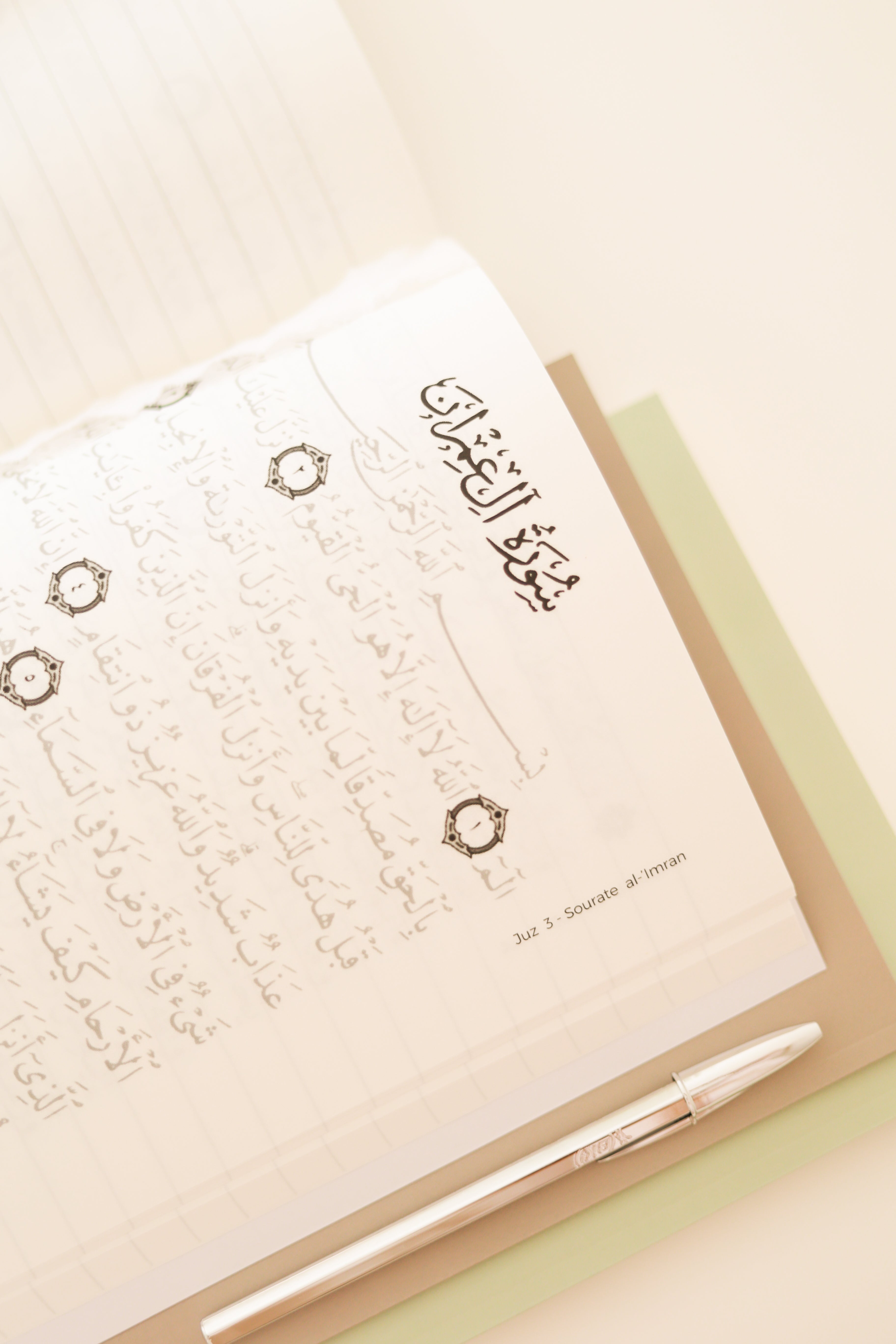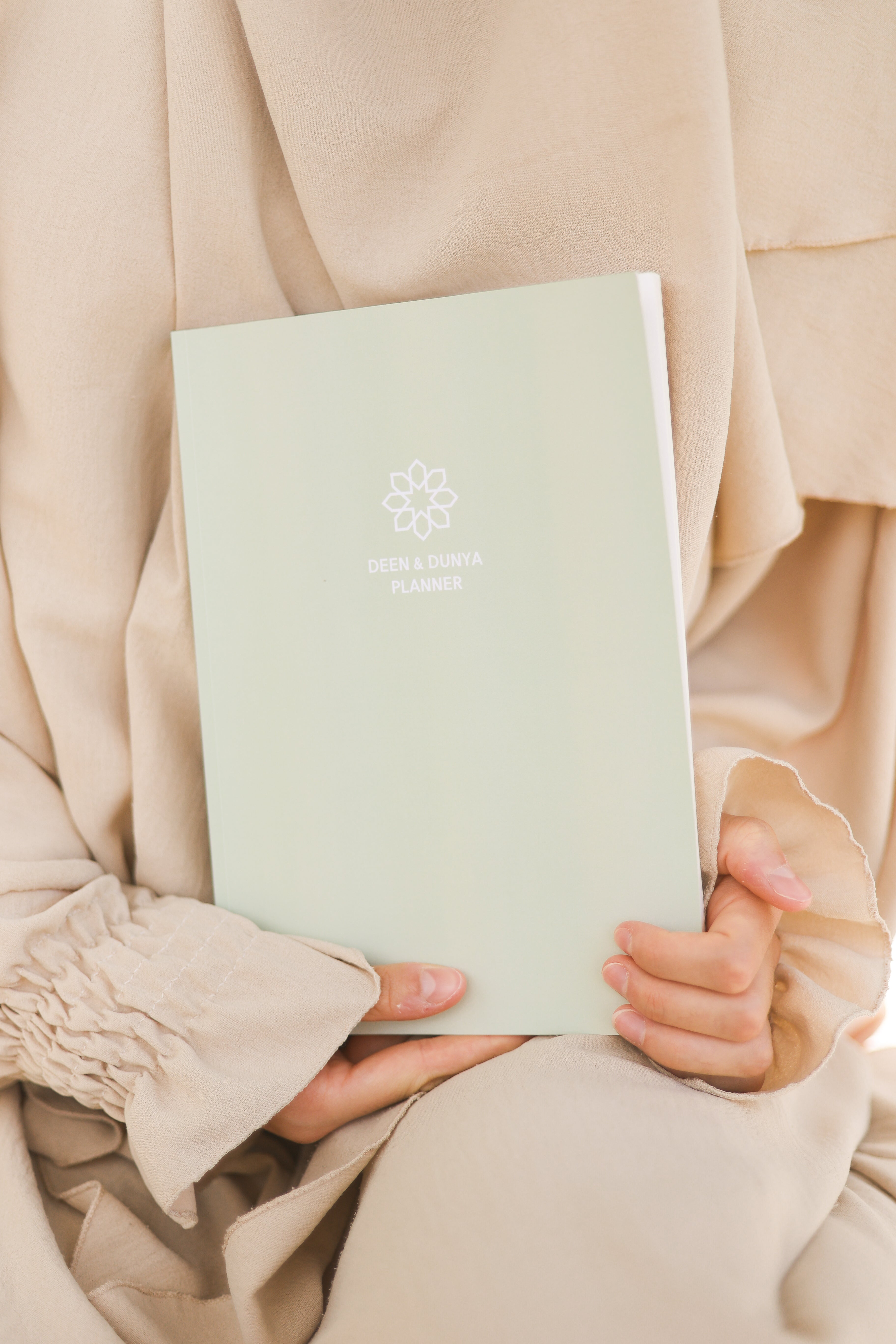The tafsir ( تفْسِير) it is a science which consists of interpreting the verses of the Quran from reliable sources. It is sometimes translated by the term: exegesis. There are three reliable sources (according to Ibn Kathir):
- The Quran : using verses to explain other verses
- The Sunnah of Prophet Muhammad ﷺ
- The stories of his companions
There is another source but of a different type: the Israelite stories . They can be used to consolidate evidence from the Quran and Sunnah but will not be considered evidence in itself.
“[This is] a blessed Book which We have sent down to you, that they may meditate on its verses and that those gifted with understanding may reflect!” (Quran, 38:29)
Two of the objectives of the Quran (among many others) are therefore: meditation on its verses and reflection . To meditate you have to understand the message. It must therefore be interpreted . This is where tafsir comes into play.
Ibn 'Abbas (may Allah be pleased with him) said:
“Exegesis is of four types: the exegesis that the Arabs know thanks to their language, the exegesis that everyone is required to know, the exegesis that scholars know and the exegesis that only Allah knows”
(At-Tabari, 1/75)
However, not everyone can interpret this text; very important science must be demonstrated.
Ibn Abbas (may Allah be pleased with him) reports that The Messenger of Allah ﷺ said:
“He who interprets the Quran by his own opinion or without knowledge, let him take his place in Hell”
(At-Tabari, 1/71 authenticated by At-Tirmidhi)
Abu Bakr As-Siddiq (may Allah be pleased with him) will say:
“What earth will bear me and what sky will overshadow me if I say about the Book of Allah what I do not know”
(At-Tabari, 1/78)
Tafsir is therefore one of the keys to achieving understanding of the Quran bi idhni llah and it is through its study that the knowledge of the Quran will open up to us .
“O Allah, instruct us in religion and teach us the interpretation of the Quran” (Invocation of the Messenger of Allah ﷺ for Ibn 'Abbas may Allah be pleased with him).“Do they not meditate on the Quran? Or are there padlocks on their hearts?” (Quran, 47:24)




